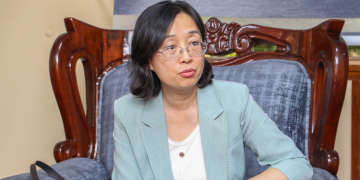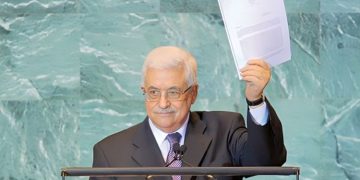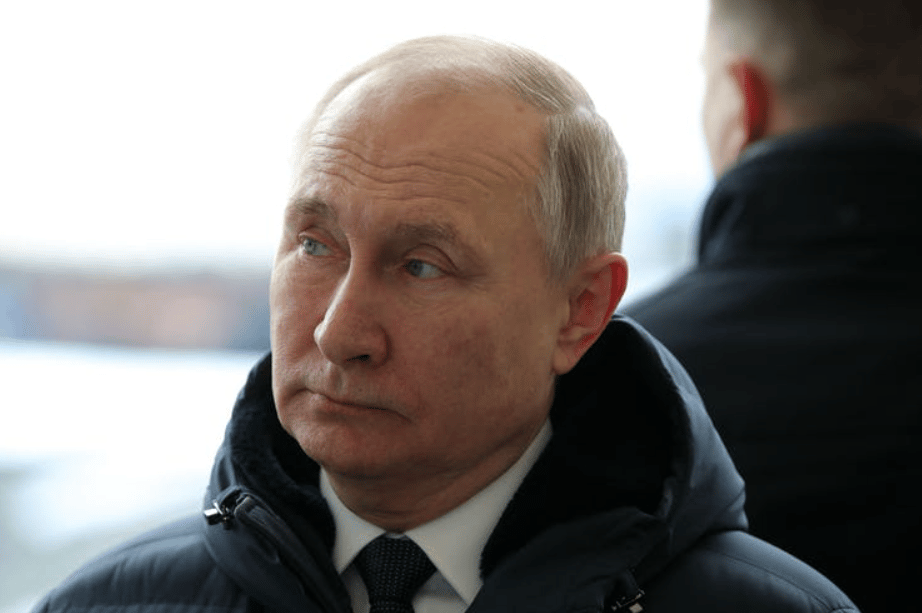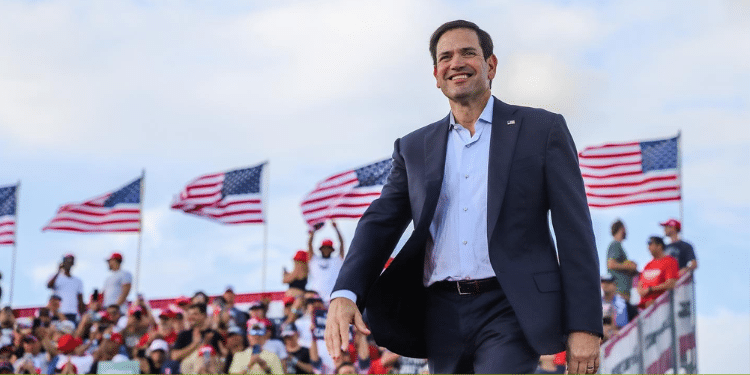President Donald Trump, through U.S. Secretary of State Marco Rubio, has officially announced the end of the U.S. Agency for International Development’s (USAID) role in implementing foreign assistance programs.
In a statement issued on July 1, 2025, the U.S. Secretary of State Marco Rubio declared that the era of government-sanctioned inefficiency in foreign aid has officially ended.
“As of July 1st, USAID will officially cease to implement foreign assistance. Foreign assistance programs that align with administration policies—and which advance American interests—will be administered by the State Department, where they will be delivered with more accountability, strategy, and efficiency,” read part of the statement.
Further, Rubio affirmed that they will not apologize for asserting that America’s longstanding commitment to life-saving humanitarian aid and global economic development must align with an America First foreign policy.
Rubio Says USAID Officially Shut Down
According to Marco Rubio, USAID prioritized the interests of the United Nations, multinational NGOs, and the broader global community, rather than the American taxpayers who funded its operations, or the President elected to represent their interests.
Further, the Trump administration criticized USAID for treating foreign aid as charity rather than as a strategic instrument of U.S. foreign policy, often backing programs that, they argued, promoted anti-American values.
Following extensive engagements across Latin America and Africa, U.S. diplomats repeatedly heard that developing nations seek partnerships that enable sustainable growth, not prolonged reliance on patronizing support from institutions like the UN or USAID.
“The Department has consistently heard the same from people in these nations: a Zambian man told American diplomats it would be more helpful for his countrymen to learn how to fish than to be supplied with fish by the U.S. Government, an Ethiopian woman said she viewed the mutual benefits of investment as superior to the one-sided nature of aid, and too many other examples to recount,” read the statement.
Also Read: Rubio Reveals Iran Suffered Major setback in Nuclear Weapon Building
Trump Govt Gives Way Forward
Going forward, the administration affirmed that U.S. assistance will be targeted, time-bound, and directed toward countries that have both the ability and the willingness to help themselves.
Resources will be focused where they can generate a multiplier effect, catalyzing sustainable private-sector growth, including opportunities for American companies, and attracting broader global investment.
At the same time, the administration asserted that American taxpayers should not be burdened with funding failed governments in distant countries.
Also Read: Trump Explains How U.S is Already Enjoying Benefits of DRC-Rwanda Peace Deal
Action Points
The Trump administration’s restructuring of U.S. foreign assistance marks the beginning of a new, results-driven model focused on advancing national interests and global partnerships.
As of July 1, 2025, this new approach is already taking shape through several key actions:
- Burden Sharing: The U.S. is making measurable progress in getting the United Nations, allied nations, and private sector partners to contribute a larger share to global development projects. This mirrors the administration’s broader success in pushing NATO allies to meet their financial commitments.
- Efficiency and Flexibility: Fragmented foreign aid accounts are being consolidated into dynamic funding pools. This enables faster responses to crises and cuts through layers of bureaucracy. New performance metrics are also being introduced to track impact in real-time, ensuring accountability and measurable results.
- Decentralized Diplomacy: Empowering diplomats on the ground through regional bureaus is creating a rapid feedback loop to ensure aid programs are aligned with U.S. interests and tailored to the needs of each partner country.
- Geopolitical Strategy: The revised model strengthens the U.S. position to counter China’s exploitative aid programs, particularly in Africa, Asia, and the Middle East, by offering more transparent, mutually beneficial alternatives.
- Core Pillars: The future of U.S. foreign engagement will be defined by trade over aid, opportunity over dependency, and investment over assistance. The goal is to foster self-reliance and private sector-led growth in partner countries while expanding opportunities for American companies abroad.
Follow our WhatsApp Channel and X Account for real-time news updates.














































































